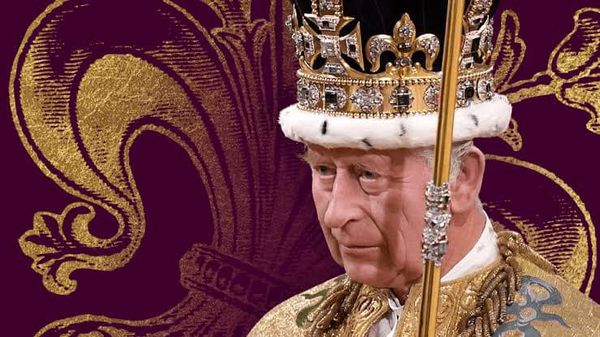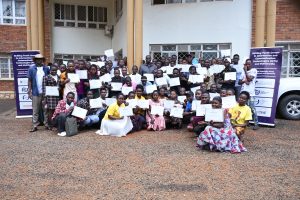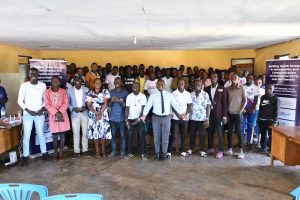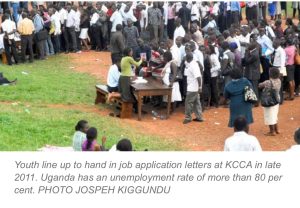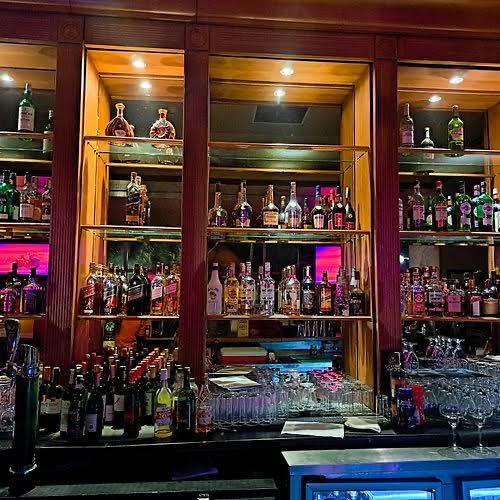By Denis Jjuuko
The British put up a memorable show during King Charles III’s coronation — the first such event in 70 years. Thousands of people lined up the streets while other converged in pubs and restaurants to make merry. Many people traveled to Britain and occupied many hotel rooms. The UK economy gained an estimated UK£ 1 billion on an investment of about UK£130 million.
Because they understand the significance of these national events, they put the coronation on a Saturday and made Monday a bank holiday as they call their public holidays. The English Premier League scheduled matches for Monday that start as early as possible. These guys know how to milk every coin from an event. I have argued in these posts before that we need to push our public holidays on either Mondays or Fridays so people can have long weekends, which are good for the economy.
But watching some of the events around the coronation reminded me of African tourism. Almost all the countries push for the same stuff — the safari or a visit to the wild. They talk about the big cats and all that. Granted, people want to see these animals but if I see them in South Africa or Kenya, there is no need to visit Uganda. May be only for the mountain gorillas.
Yet every country has its unique heritage that they can promote so that if one visits Kenya for its safari, they could come here for our cultural heritage or something else. Look at the Kabakanjagala Road or what is sometimes known as the royal mile between Bulange and the Mengo Palace which has been lined up with sculptures that depict each of the 56 clans. If we promoted them, there would be more people interested in learning about clans and Kiganda culture than waking up early to search for the ever-elusive lions in Queen Elizabeth National Park.
This year, Kabaka Mutebi II will mark his 30th coronation anniversary in July. In 1993 when he was crowned 36th Kabaka of Buganda, probably a million people gathered in Buddo and many others watched the event on television. Many visitors came from all over the world to witness this. In 1999, when he decided to get married, similar crowds turned up. All major international media houses sent in teams to cover the event. That shows the interest that people have in culture just like we have seen in Britain, Netherlands, Japan, Thailand every time there is a major event.
For CNN to cover our animals in Murchison or gorillas in Bwindi, we have to pay significant amounts of money (remember Gifted by Nature campaign?). For popular cultural events, they come on their own. BBC has even a program that interviews royals all over Africa. Cultural heritage can be a game changer for Uganda tourism.
King Oyo of Tooro has had similar interest but also if we marketed the Omukama of Bunyoro, people will turn up. They would want to know the Kingdom of Kabalega.
Sometime back, I visited a restaurant in Nairobi that has curated information about kingdoms all over Africa and people go there to learn about them as they dine and sip expensive wines. If you are into movies, you have probably watched Woman King about the Agojie, a unit of female warriors that was responsible for protecting the Dahomey Kingdom in Benin. It generated nearly USD100m when it was released in 2022. Shaka Zulu was even more famous. When are we engaging Hollywood to do one on Kabalega, Mwanga, Muteesa I, Kintu and all the others?
Jinja can be a major tourism town (or is it city?) for non-animalized tourism. When people come for the ever-popular Nyege Nyege, we shouldn’t so much focus on who is dancing with who for three days rather on what potential is there for local businesses and tourism. Instead of politicians get hysterical about the alleged immorality, they could instead push for visits to Itanda Falls, Source of the Nile, Kyabazinga Palace and other unique attractions Jinja offers.
Most of what we can promote is unique to us unlike zebras and giraffes that are everywhere one turns.
But these cultural events can’t be marketed by kingdoms on their own. Many cultural institutions have no meaningful income to do so. The Uganda Tourism Board needs to take them up.
They should not look at them as empowering Buganda, Bunyoro, Tooro or Teso rather other areas that can significantly bring in revenue for the economy. When a tourist comes for the Empango event, the hotel owner, transporter and the woman who makes some crafts will make money. They will pay taxes so the country will benefit. In fact, visa fees and the airport economy will be boosted.
We need to cast aside our usual parochialism when it comes to culture and look at them with wider progressive nationalistic lens and learn from British King Charles III’s coronation.
The writer is a communication and visibility consultant. djjuuko@gmail.com

